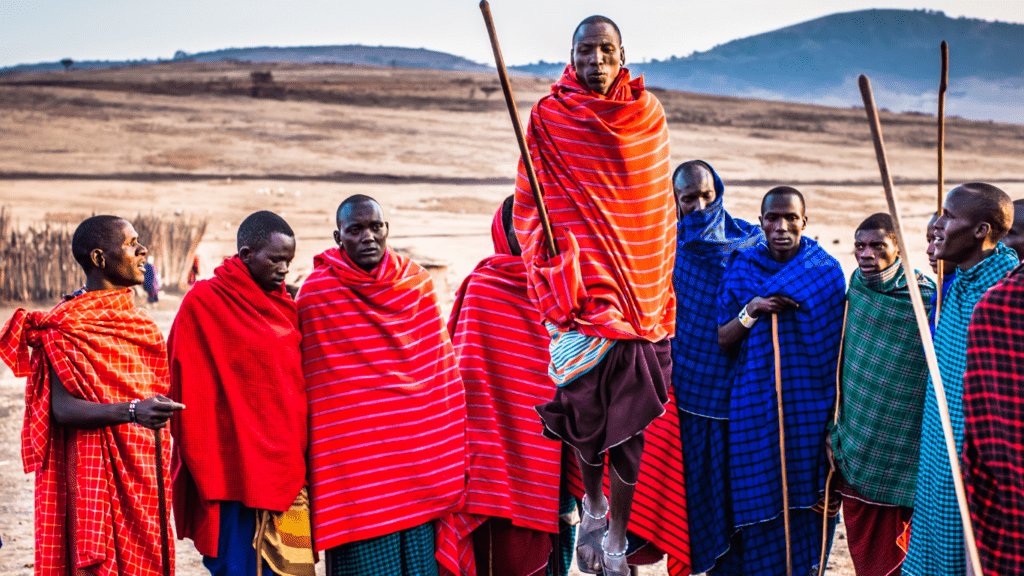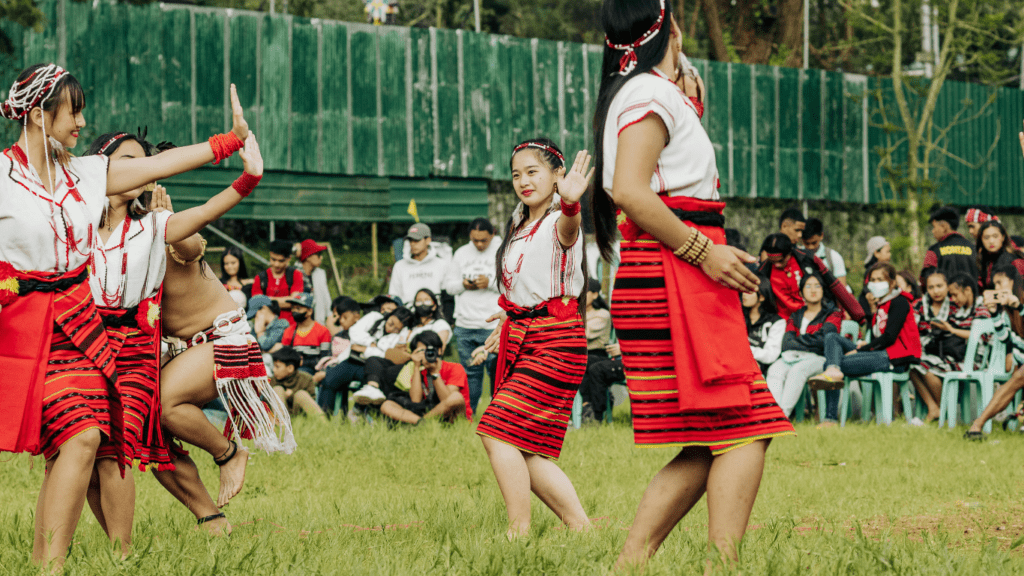Voluntourism blends travel with purpose, creating a unique opportunity to give back while immersing myself in new cultures. It’s more than just a vacation; it’s a chance to make a genuine impact in communities around the world.
As I engage in meaningful projects, I discover not only the beauty of diverse cultures but also the challenges they face. Through this enriching experience, I learn valuable lessons about empathy and global citizenship.
Voluntourism allows me to forge connections that transcend borders, fostering a deeper understanding of the world. Join me as I explore the incredible benefits of combining travel with service and how it transforms both the traveler and the communities they touch.
Understanding Voluntourism
Voluntourism combines travel with meaningful service. This approach allows me to explore new cultures while making a tangible difference in communities I visit.
Definition and Concept
Voluntourism refers to travel aimed at volunteering. It provides opportunities to engage in community projects, conservation efforts, or educational programs. This initiative helps local residents while allowing travelers to immerse themselves in the host culture.
Travelers participate in activities like teaching, building infrastructure, or supporting environmental conservation. I’ve found that these experiences foster personal growth and broaden my understanding of global issues.
Historical Context
The roots of voluntourism trace back to the 1960s and 1970s. Initially, volunteer programs focused on addressing urgent global challenges. Organizations promoted social justice and environmental stewardship alongside cultural exchange.
The rise of globalization in the late 20th century popularized the concept further. I’ve noticed that as travel became accessible, voluntourism evolved into a mainstream practice. This shift reflects a growing desire for meaningful travel experiences.
Various agencies now offer diverse voluntourism opportunities, emphasizing the blend of service and exploration.
The Benefits of Voluntourism
Voluntourism offers various benefits that enrich both travelers and communities. Engaging in meaningful activities while immersing oneself in a new culture fosters a unique experience.
- Cultural Exchange Opportunities: Cultural exchange opportunities arise through meaningful interactions with local communities. Voluntourism allows travelers to share their skills while learning from local traditions, customs, and languages.
- Skill Development and Personal Growth: Skill development and personal growth emerge as significant advantages of voluntourism. Travelers engage in practical, hands-on activities, honing various skills, such as project management, teamwork, and leadership.
Challenges and Ethical Considerations
Voluntourism presents several challenges and ethical considerations that participants must navigate to ensure positive impacts on local communities. Understanding these factors enhances the experience and promotes responsible engagement.
Impact on Local Communities
Voluntourism can have unintended negative effects on local communities. Participants might unintentionally disrupt economies or undermine local labor markets. For instance, offering volunteer services in areas where local professionals exist may lead to job displacement.
Additionally, the influx of foreign volunteers can create a dependency on external support, hindering sustainable growth. It’s crucial for me to select programs that genuinely align with community needs, prioritizing local voices in project planning and implementation.
Effective voluntourism should empower communities rather than create dependency.
Sustainability and Long-Term Effects
Sustainability poses significant questions in voluntourism. Short-term projects often lack long-term planning and can lead to a temporary resolution of issues without fostering enduring change.
I seek programs that prioritize ongoing community engagement through lasting partnerships and capacity-building efforts. Evaluating the sustainability of these initiatives can involve looking at how resources are allocated, the skills transferred to locals, and whether projects continue after the volunteers leave.
It’s vital for me to understand that true voluntourism supports community-driven solutions and emphasizes sustainable development, ensuring benefits extend well beyond the duration of my visit.
Choosing the Right Program
Finding the right voluntourism program ensures a fulfilling experience. A well-chosen program maximizes both personal growth and community benefits.
Researching Organizations
I prioritize thorough research when selecting an organization. I examine their mission, values, and reviews to gauge their impact. I look for organizations with established partnerships in local communities, as this demonstrates commitment and respect for local needs.
Transparency is vital; I ensure they disclose financial practices and provide clear explanations of how funds are used. Organizations with a strong ethical framework often prioritize sustainability and community engagement, which enhances the overall voluntourism experience.
Matching Skills with Needs
I believe matching my skills with a program’s needs enhances effectiveness. I evaluate my proficiency in areas like teaching, construction, or healthcare to find organizations that align with my expertise.
Programs that require specific skills often benefit from focused volunteerism, allowing for greater impact. Understanding local challenges and needs helps me identify where my contributions may matter most. Engaging with local community members can also provide insight, ensuring I support initiatives that resonate with their priorities.




